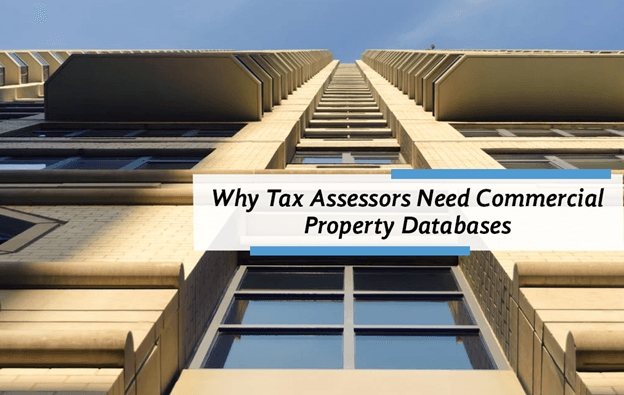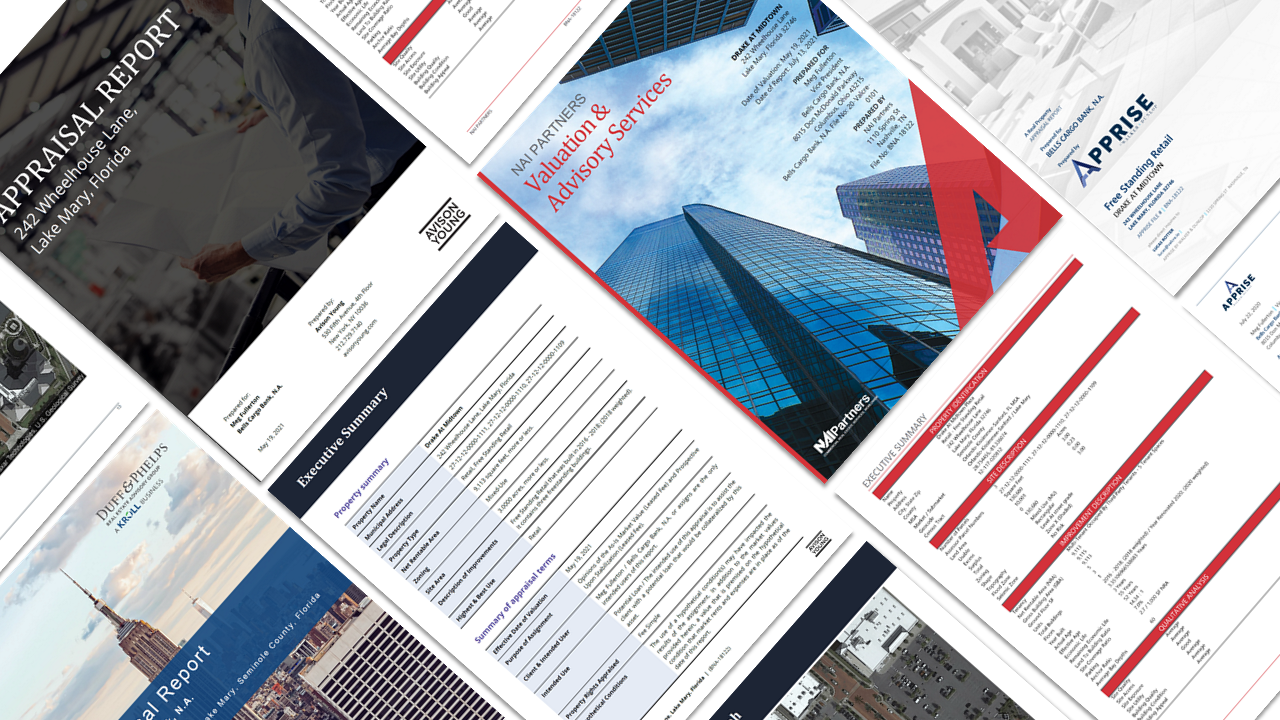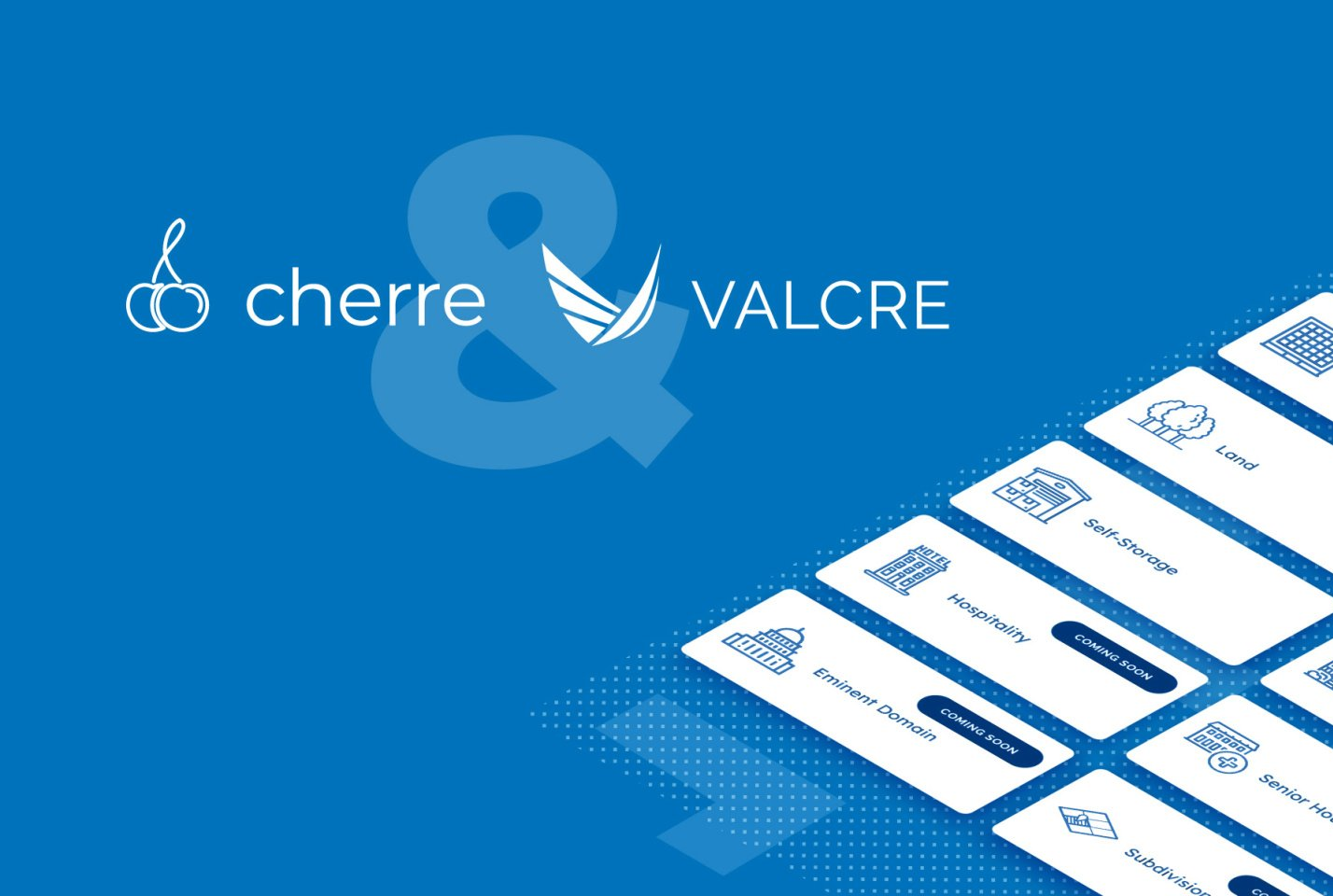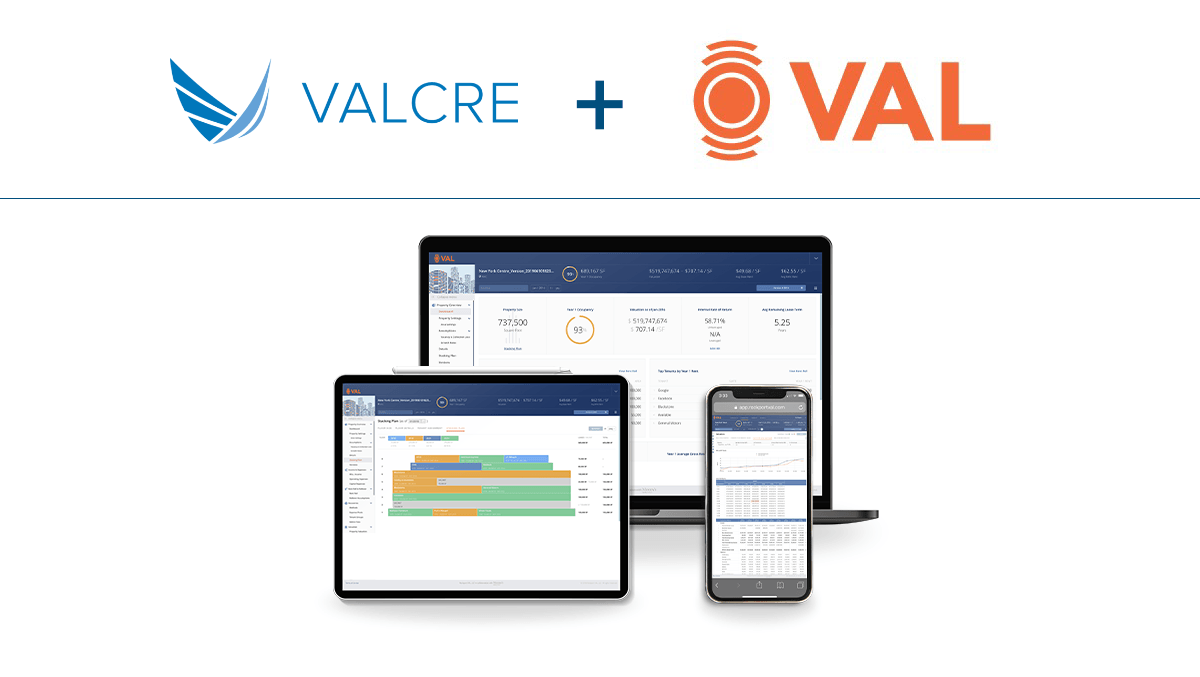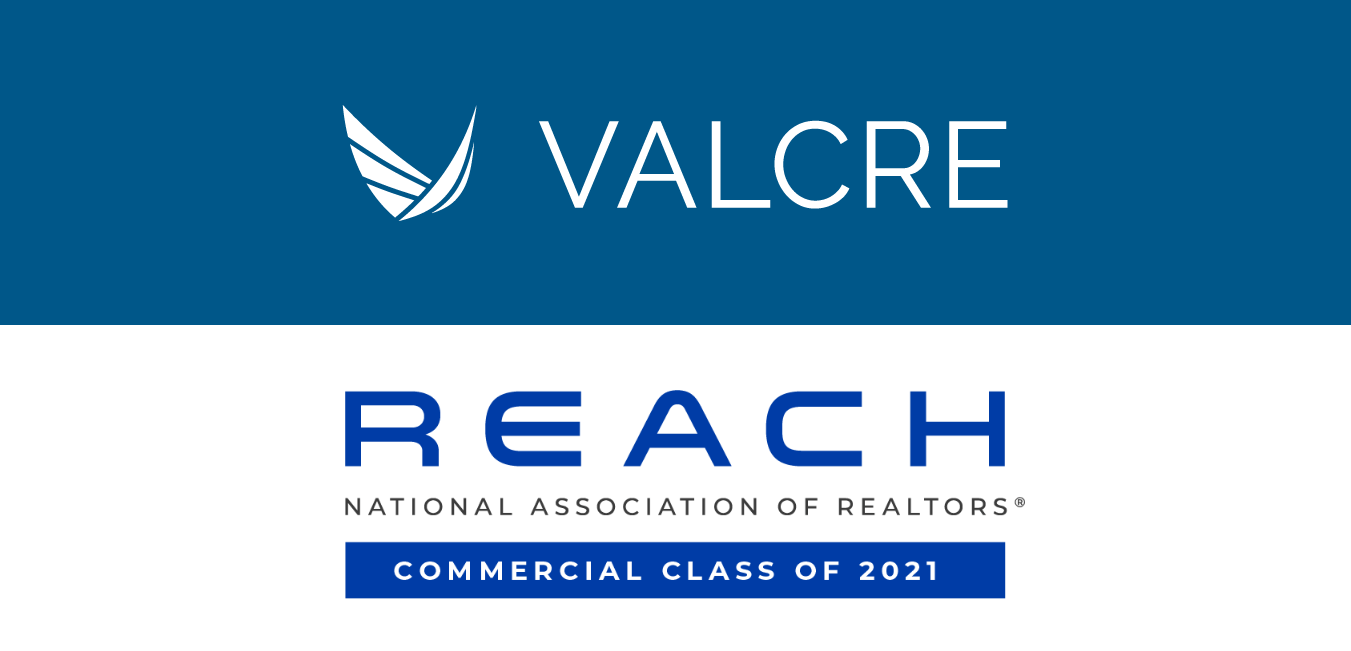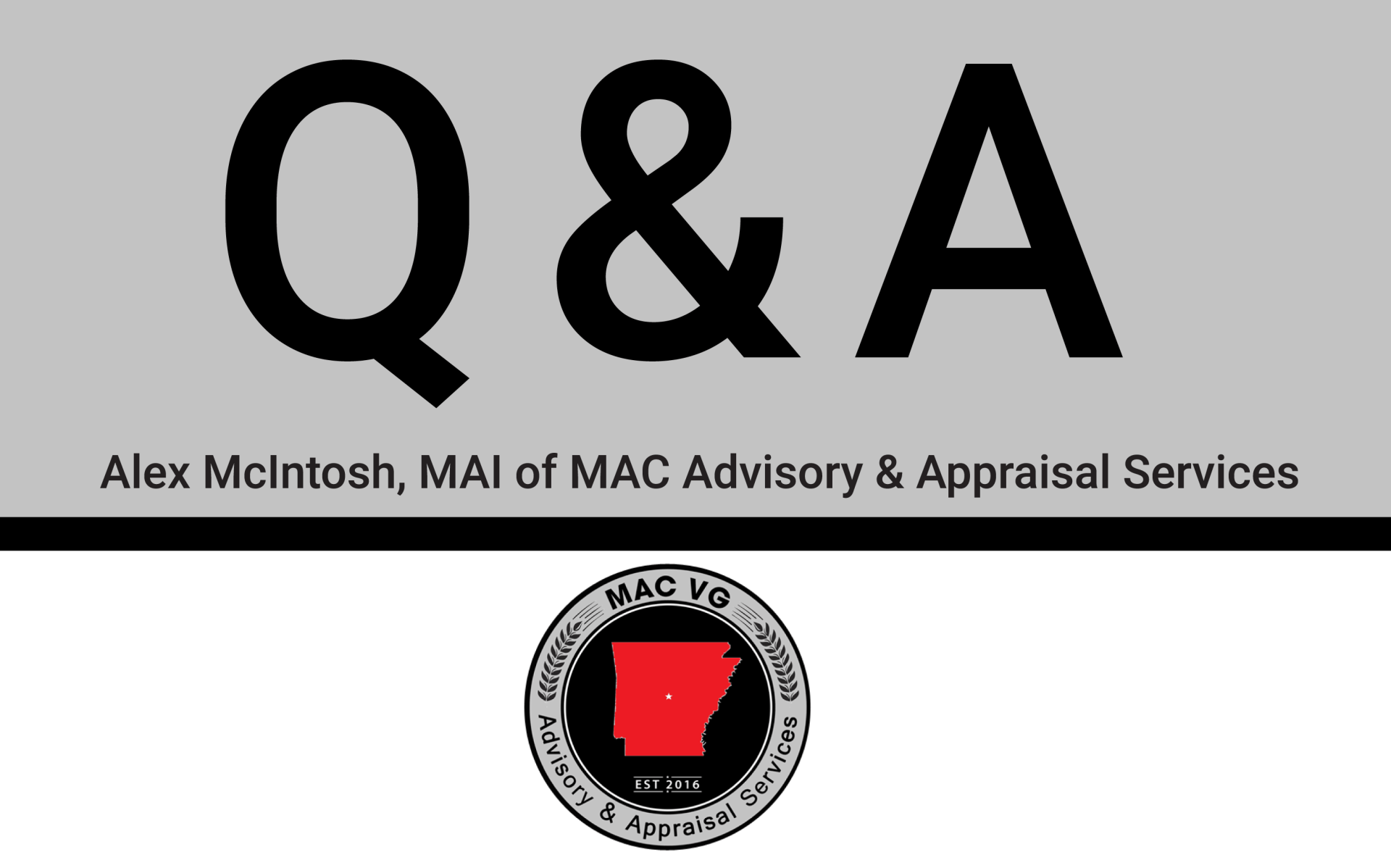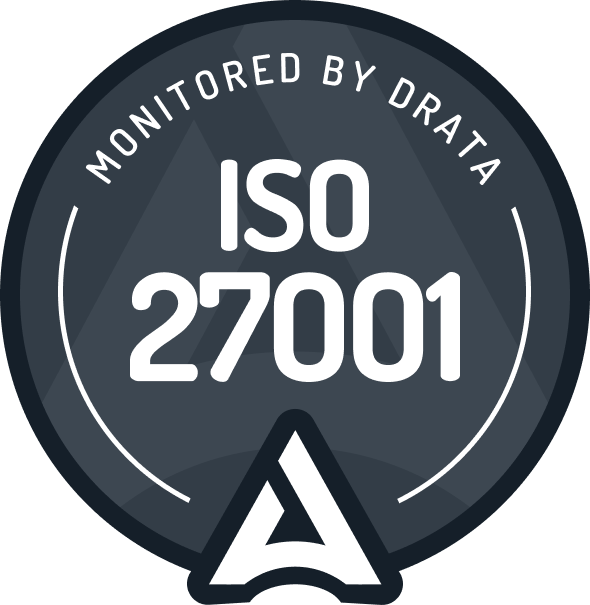Q&A with Valcre user: Jason L Ferris, MAI, SRA of Bell Ferris Real Estate Appraisal
It’s all about the mechanics for Valcre user, Jason Ferris, MAI, SRA of Bell Ferris Real Estate Appraisal (Louisville, Kentucky). After joining the firm in 2011, Ferris was missing all of the efficiencies he was accustomed to on the residential side. Given his experience developing software, he knew it was time for the 50-year-old company to make a change and move away from its 20+ year with DataComp and a short 6-month relationship with RealQuantum.
Where DataComp and RealQuantum both fell short, Valcre exceeded his expectations. Read on to learn about the efficiencies Ferris found using Valcre and how he’s managed to save 15-20 percent of his time writing reports with Valcre’s database.
Tell me about Bell Ferris Real Estate Appraisal?
I'm really the second generation owner of Bell Ferris Real Estate Appraisal. Lin Bell was the founder of the company which originated in the 1970s. I’ve taken over the business and Lin has retired. We are primarily a commercial appraisal firm, although we still do some residential appraisal work.
Right now, we have myself working on commercial projects, two staff people and a residential appraiser who is a contractor, but I’m the sole owner.
Wow, so the company is really a 50-year-old business — how have you watched Bell Ferris evolve since you joined?
I came to Louisville in 2006 and at that point had primarily done residential appraisal work. I worked for another appraisal company that was based out of Ohio; and at that time I did a little bit of commercial work, but I was primarily doing residential.
In 2011, I got into business with Lin. That was when we were really coming out of the recession, so I was able to start out in a bad commercial market and watch it improve until this virus thing happened.
The Midwest has always been very stable. We’re not like the coastal regions of California or Florida where you have these big increases and big decreases in value—the Midwest has always been fairly stable. Two or three percent appreciation every year is pretty much what everyone expects.
We’ve had better than three percent commercial appreciation since 2012 or 2013, so we’ve seen quite a bit of new construction and have just been watching the market improve over the last few years.
How long have you been using Valcre?
We switched over in October 2019.
What has your experience with Valcre been like so far?
Our company needed a change. We had been with DataComp, which is owned by Real Wired, for 20+ years.
When I joined the firm, I was very used to a higher volume residential world. Everything is very fast and efficient and we use form-filling software with MLS as the primary database. Having come from that world, I noticed there was a really big inefficiency with all of our commercial sales data—with Datacomp there’s zero efficiency. There’s also no level of analysis that you can do with their data because it's proprietary client-server software, it’s not online. Actually, nothing is hooked up to any sort of functional mapping software. I think for a number of years, Datacomp was tied to Microsoft Streets & Trips, which was horrible. They tried to do an API with Google Maps and it was just terrible as well.
I had always planned to move away from DataComp.
In 2017-2018, I tried Real Quantum’s platform. I really liked the flow of everything and it’s actually very similar in function to Valcre. However, It took them over four months just to import my DataComp data, which was difficult to overcome. I wasn’t able to use any of the data that I had collected over the years.
I will say they were very upfront with me in the beginning. They were going through a growth period. They had told me that my company would be the first of their customers to migrate DataComp data. They were going to basically learn how to do it through my account, which was fine. I’ve developed software before, so I certainly understand the growing pains.
At the same time, their company was growing because they had done a significant marketing push in 2018 and I think that brought a lot of new customers on board so they were dealing with a lot of data import and custom-writing, which is very difficult.
At the same time, Joe DiFabio from Valcre was all over me. He’s a great salesman. I told him no a bunch of times, but he finally got me to take a look at Valcre’s software. Valcre had all of the little things that I was missing with Real Quantum, and that had my attention. And of course, being a salesman, Joe promised me no problems on the data migration — it actually really was no problem.
I worked directly with Vincent Rotter and was able to communicate with him back-and-forth, and together we were able to phase in the data migration over a couple of weeks and it went great. I let Real Quantum go and switched over to Valcre and made the commitment to change Bell Ferris’ business model over.
I will say, I am only a database user. I do not use the report-writing portion of Valcre. For me that was going to be too much of a transition. We’ve been working in Microsoft Word and Excel since forever and so to switch everything over plus all of the data, that was too much for me. I do have a plan to do so eventually, but right now, I’m only a database user.
Something as simple as a map search, which is something we’ve used in MLS on the residential side for 20 years, I didn’t have with Datacomp. Now through Valcre, I can really zero-in and I can do my map searches and text searches and it’s all just very fast.
You mentioned Joe DiFabio had reached out several times hoping to get Valcre in front of you, what was the hang up during that time?
I wrote a pretty big check for Real Quantum and after six months I still wasn't able to do much with it. I wasn’t even using it for report-writing, I was just trying to use it for my database. After six months and after what I felt like was burning through half my subscription, I hadn’t written one report using their platform.
In sales, timing is everything. I used to do what Joe does and sometimes you just hit the right time when someone is having pain and you’ve got something to help them with that pain. For Joe, he had done his job by getting in touch with me six or seven months prior. To some extent, appraisers are horrible to sell to—we’re horrible, we're all old curmudgeons, we don’t want to change things, we’re all lone wolves and we don’t like people so to try to put software like Valcre in front of a group of people like that...it’s not that easy.
I had already wanted this solution and had actually looked at developing the software to do exactly what Valcre does, but I didn’t have all that money laying around for that project like that. I had even gone as far as specking out the project, contracting firms in India to get the initial code written, but it was just too much of a massive undertaking. I had already developed web-based software years before and it was a very tedious and time-consuming and money-consuming process. Joe was just able to finally get Valcre in front of me and I was very open about the problems I was having with Real Quantum and he told me, “I think we have what you want and I think it’s going to do what you need.” It was also less expensive.
What made you realize Valcre was worth your time to consider?
Joe ran us through the demo process and then my staff and I looked at it all together. It was easy to understand and the set up was similar. My thing though was that Valcre moved so quickly. The website itself moved quickly, so we pulled the trigger.
Anyone who asks me about Valcre, I tell them I really like it. A lot of appraisers want an all-in-one solution and Narrative1 broke the ground on that probably 25 years ago.
I’m so glad the onboarding was such a seamless and quick process for you with the data migration only taking a few weeks—can you tell me a bit more about what that process was like?
Actually I think Vincent could have done the data migration overnight. I was the one who actually said, “let me break this up a little bit.”
Datacomp’s primary database was written in an old database platform, probably the mid-80s and they really had never moved to anything that would have made everyone’s life easier. So really we just got these flat files with no optimization or organization.
It wasn’t just pressing a button for Valcre to migrate my data. I know Vincent had to do some scripting work, but it all seemed to happen very quickly. I said, “here's all my land sales, here’s all my multi-family sales, here’s all my improved sales.” I phased it in so that my staff would have a chance to catch up with the transition.
How many of your staff are working directly in Valcre?
I have three people on Valcre. My residential guy doesn’t have anything to do with our commercial work.
In what ways does Valcre’s online software create value for commercial real estate appraisers?
The ability to search in so many different ways is the number one value creator. You can have all the data in the world, but if you can't get to it, it's no help. With Valcre, once you can get over the hump, you can navigate through the data very quickly. I don't think there's a search I can think of that we can’t do on Valcre.
What would you want your peers to know about what the transition to Valcre has been like?
Real Quantum probably had the best strategy. They said, “once you get over the learning curve and are rocking and rolling on our platform, our goal is to save you 20 percent of your time.” As appraisers, time is our commodity. As far as how much time I save with Valcre, I would say that on average I probably save 15-20 percent on my reports.
Compared to using Datacomp, the fact that I now have all of the sets in one place through Valcre, like the land sales or the multi-family sales and I can just click one button to get the map is a huge time saver.
With Valcre, I take my screenshots of maps, add them into my reports and it takes me maybe five seconds. Whereas in Datacomp, we had to go to Google My Maps and map every property separately. We could get pretty fast, but it would still take probably five to eight minutes. When you have three maps per report, now you’ve saved yourself 30 to 40 minutes.
Before, if I wanted to do a list of cap rates, I had to retype all of those into Excel. So I could do my search in Datacomp and pull up my sales, but then I didn’t have a good way to export them. Instead I would have to print them to Word, re-key the five or six data points into a little table in Excel and then copy it back over to Word. That would take me 10-12 minutes. Now I can do my search, run through it, I print them to a summary report, not data sheets and it takes me maybe a minute or two. Those are just the mechanics of the report and I don’t even use your report-writing stuff. For me that is the benefit. Just those little things.
If I have a set of sales in Valcre and I print those to data sheets, that might take me 20 seconds. If I would take that same set in DataComp, which you have to do a new search for every time, that might take me five minutes. The latest version of Datacomp was a cloud version, so basically all of your data was saved on their servers and you had to save all of your photos on a shared Dropbox folder that they had access to, so that when they printed the data sheet, they were grabbing your photo. It was just a long process. Just little things like that, you feel like you can fly when you’re writing a report using Valcre.
My personal goal is to have the best sales data and lease data in my market. Being able to capture that information is a big deal and then being able to retrieve that data is even more important. With Valcre I can do that.
—
For more information email sales@valcre.com to get started today.
Jason Ferris holds a Certified General Appraiser license in Kentucky, Ohio and Indiana. Originally from Cincinnati, Jason graduated with a Bachelor’s Degree from Morehead State University and served in the United State Air Force for 6 years at Wright-Patterson Air Force Base near Dayton, Ohio. After working in the technology industry for several years, Jason shifted to real estate appraisal work.
Jason earned his MAI designation from the Appraisal Institute in 2013 and his SRA designation in 2014. Jason has continued to partner with Lin Bell since then and now manages the company, Lin Bell & Associates, Inc. In November 2014, the company name was changed to Bell Ferris, Inc.
Bell Ferris, Inc. completes assignments on all commercial property types as well as single family homes and they complete review work.
.

